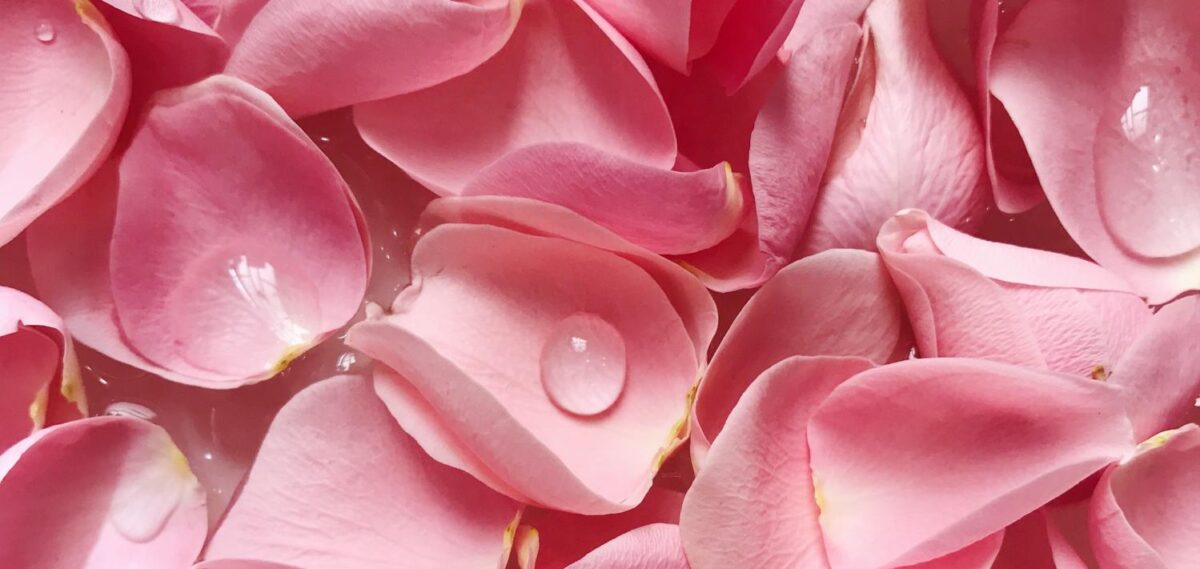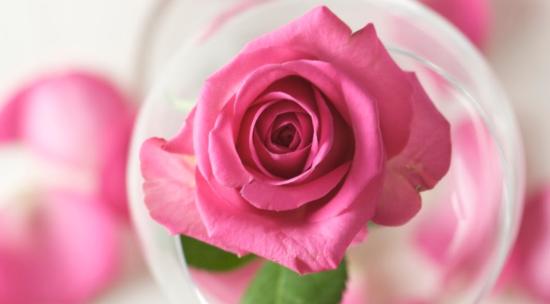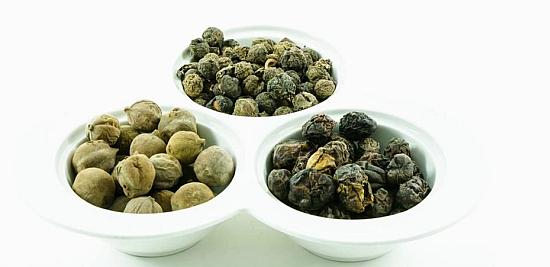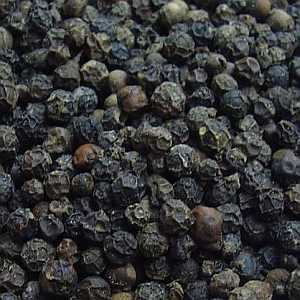Since ages, elegant rose flowers has been a symbol of love, friendship and is one of the most popular flowers in the world. On one hand, people have always enjoyed its freshness and sweet aroma while on the other, ancient monks have always been plucking, grinding, juicing, drying and preserving the rose petals. It is because of its properties such as being a medicinal flower, it is anti-inflammatory, anti-bacterial and anti-hemorrhagic in nature.
Roses have been largely used in Ayurvedic treatments. The cooling effect provided by this delicate flower results in the balancing of Sadhaka Pitta, that is, an emotion that governs feelings and its effect on the heart. This is probably the reason why rose has been closely associated with romance. It ideally balances the body and mind of an individual. Roses are also widely used in aromatherapy where spices are mixed with rose oil, water and rose paste to make a tonic that helps cure digestive imbalance and hormones. The outcomes of the therapy involve cooling effect along with moisturized and toned skin.
One of the multiple wonder products that rose provide us, is the rosewater. This little bottle of health and treatment can work wonders to help beat stress and depression as well as tackle various ailments. Rosewater is good for various parts of the body and perform specific functions in each of them. It is a fact that it improves the texture, complexion and glow of the skin. In a long run, rosewater can keep the skin under check and pacify recurrent eruptions. When consumed regularly with milk, it is known to drive the digestive flow inside the body perfectly and pacifies your Sadhaka Pitta all year long.
How to Prepare Rose Water?
Rosewater can either be prepared at home by a simple method or can be purchased by any of your nearby supermarket. It is a common household item and is always ready to use in a single go. An easy step by step method to prepare rose water is mentioned here which can help you prepare fresh rose water anywhere, anytime.
- Early morning, precisely after sunrise, pick some fresh roses or rose petals.
- Thoroughly wash the petals with clean water.
- Take a large pot and place the petal inside it along with distilled water.
- Pour water in the pot such that the petals are all soaked in it.
- Cover the pot with a lid and keep the flame low to boil the mixture.
- Let the water convert into steam until its color is that of the rose petals.
- Strain the water from the mixture and let it cool down.
- Store the rosewater in a container
Benefits of Rose Water
Rosewater is in fact a common household item that has many health benefits. Here is a list of how can rosewater help you to practice radiant and ailment-free lifestyle.
Skin
Rosewater provides a list of beauty regime for men and women. It provides stunning results for every skin type and helps eradicate bacterial infection. It is an amazing skin toner that gives a soothing effect on the skin and improve its appearance by making it radiant, smooth and free from acne. It helps regulate the pH balance of the skin and stimulate circulation in the body. It is proven to work adequately on wounds and can reduce the impact of sunburns.
Apply two or three rosewater drops on a cotton swab to remove dirt or make-up from the face and neck. You can use it every morning for a long-lasting radiant effect. You can also put a few drops of rose water in your bath tub or bathing water for a soothing and relaxing outcome. In order to cogently remove sun tan, add two drops of rose water and two drops of tomato juice in a cotton ball and apply it. You can wash it off after 15 minutes for best results.
Eyes
Rosewater is best known for removing dark circles while refreshing tired and stressed eyes. One should prefer smearing the eyes with rose water before sleeping for a long lasting effect. You can mix a tiny bit of sandalwood to it and apply it over the eyelids. Wash it off after 15 minutes in order to get fresh and sparkling eyes.
Hair
Rosewater is known for promoting hair growth and improves the blood circulation. We can use it in order to get rid of dandruff and inflammation on the scalp. You can also use it as a conditioner for dry and mismanaged tresses. Rosewater soothes the hair naturally, provides them a fresh scent and makes them strong and flexible.
Teeth
It can be surprising to many that rose water is widely used for treating dental problems. Inflammation in the gum can be eliminated with the help of this rose bi-product. You can get rid of bad odor and foul breath by rinsing every now and then with rose water to quickly get rid of it. Regular rinse with rosewater strengthens teeth and eradicates gum pain.










